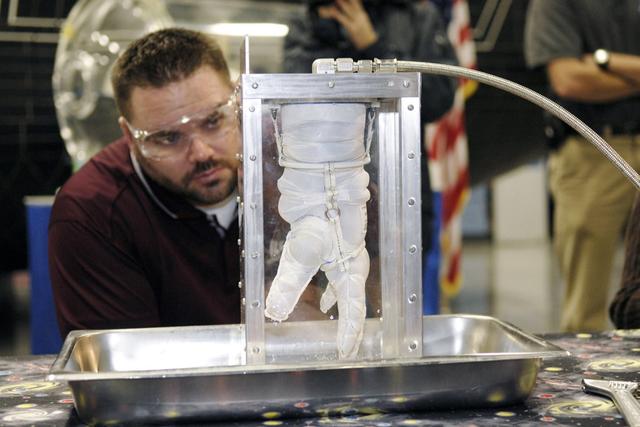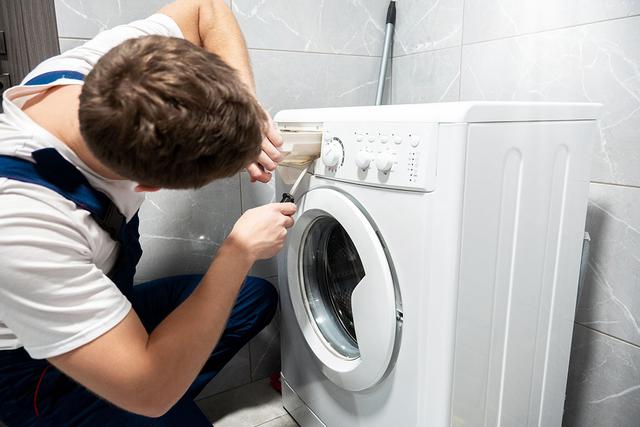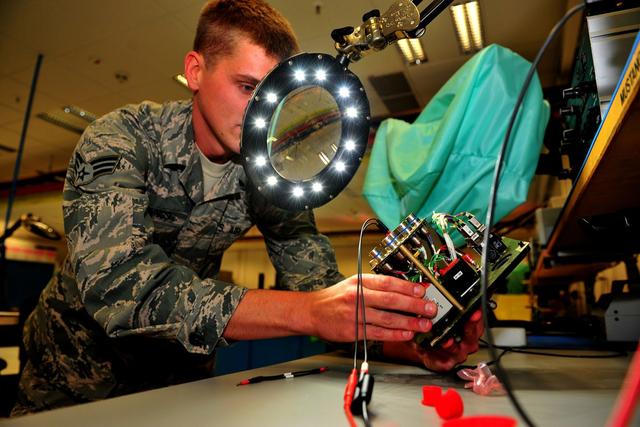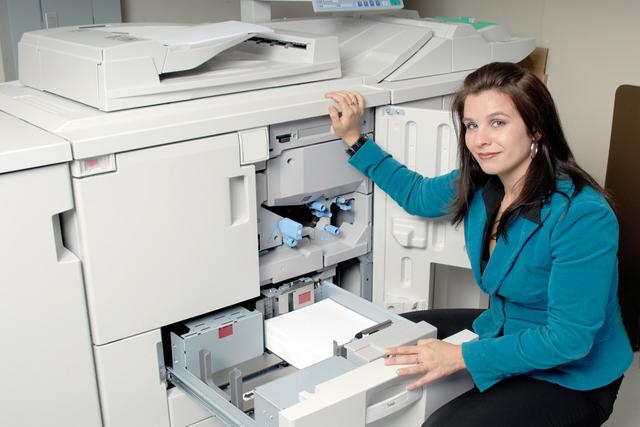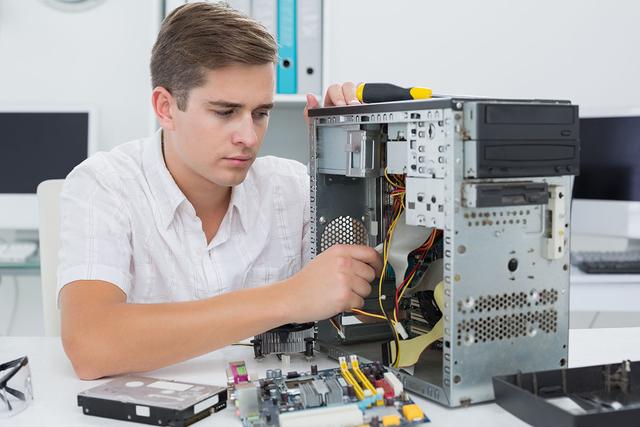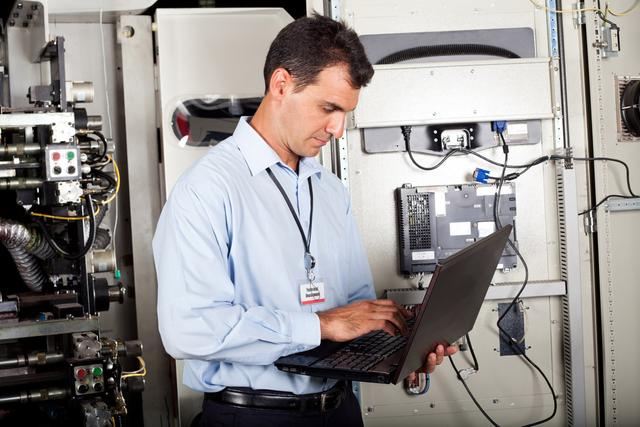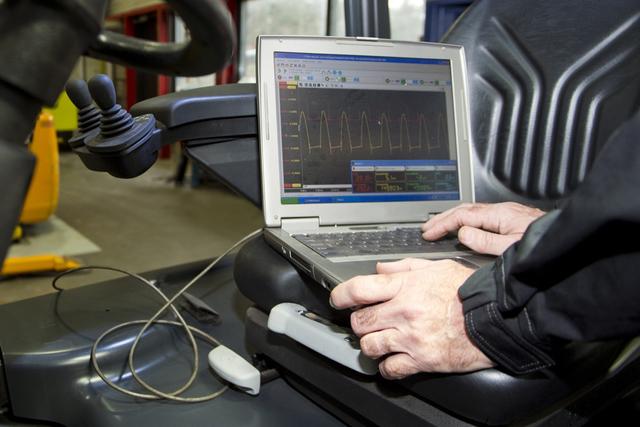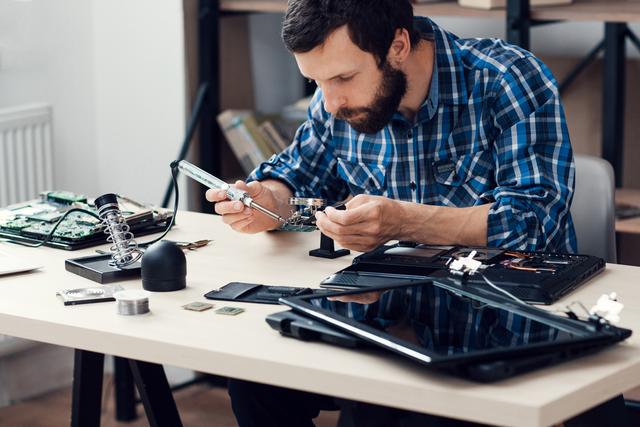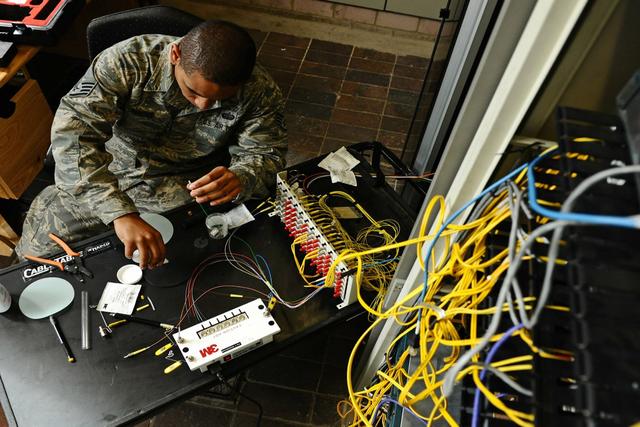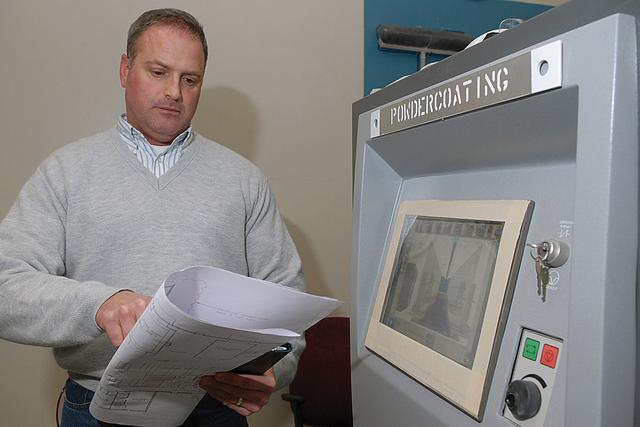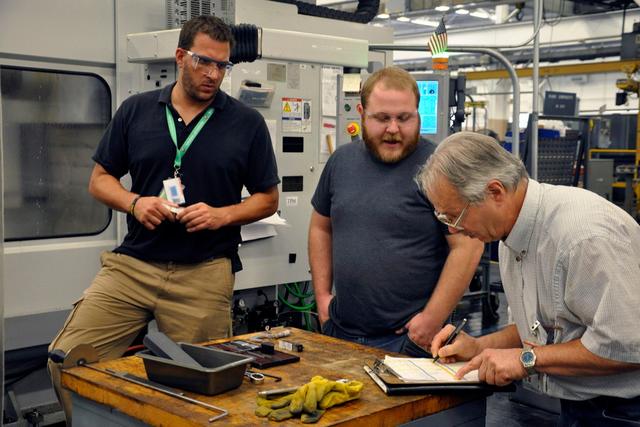Electronics Service Technicians
Overview

Introduction
Electronics service technicians work with and repair consumer electronic equipment that is malfunctioning. This equipment typically includes high-definition televisions, surround-sound systems, DVD players, computers, microwave ovens, and other kinds of home electronic devices. Service technicians diagnose problems in the equipment and make the repairs necessary to restore the equipment to working order. Technicians may also advise customers on the equipments replacement when it is no longer practical to maintain. Some electronics s...
Quick Facts
Median Salary
Employment Prospects
Minimum Education Level
Experience
Skills
Personality Traits
Earnings
The median hourly wage of full-time audiovisual equipment installers and repairers was $23.26 in May 2023, according to the U.S. Department of Labor. Based on a 40-hour workweek, this works out to approximately $48,380 annually. Workers at the lowest 10 percent end of the scale earned less than $15.99—or $33,260 annually. The highest paid 10 percent of electronics service technicians earned mor...
Work Environment
Most electronics service technicians work a standard 40-hour week, Monday through Friday. Their work is usually performed indoors, in homes and shops, under generally comfortable conditions. Technicians who service cable and satellite equipment work outdoors. Actual working conditions vary based on the type of company a technician works for. A large retail store may have a lot more activity, no...
Outlook
Slower than average employment growth is expected for audiovisual equipment installers and repairers and electrical and electronics installers and repairers through 2033, according to the Department of Labor. The need for repair of items such as high definition televisions and digital cameras is somewhat limited; the reason for this is partly the improving quality and durability of todays elect...

